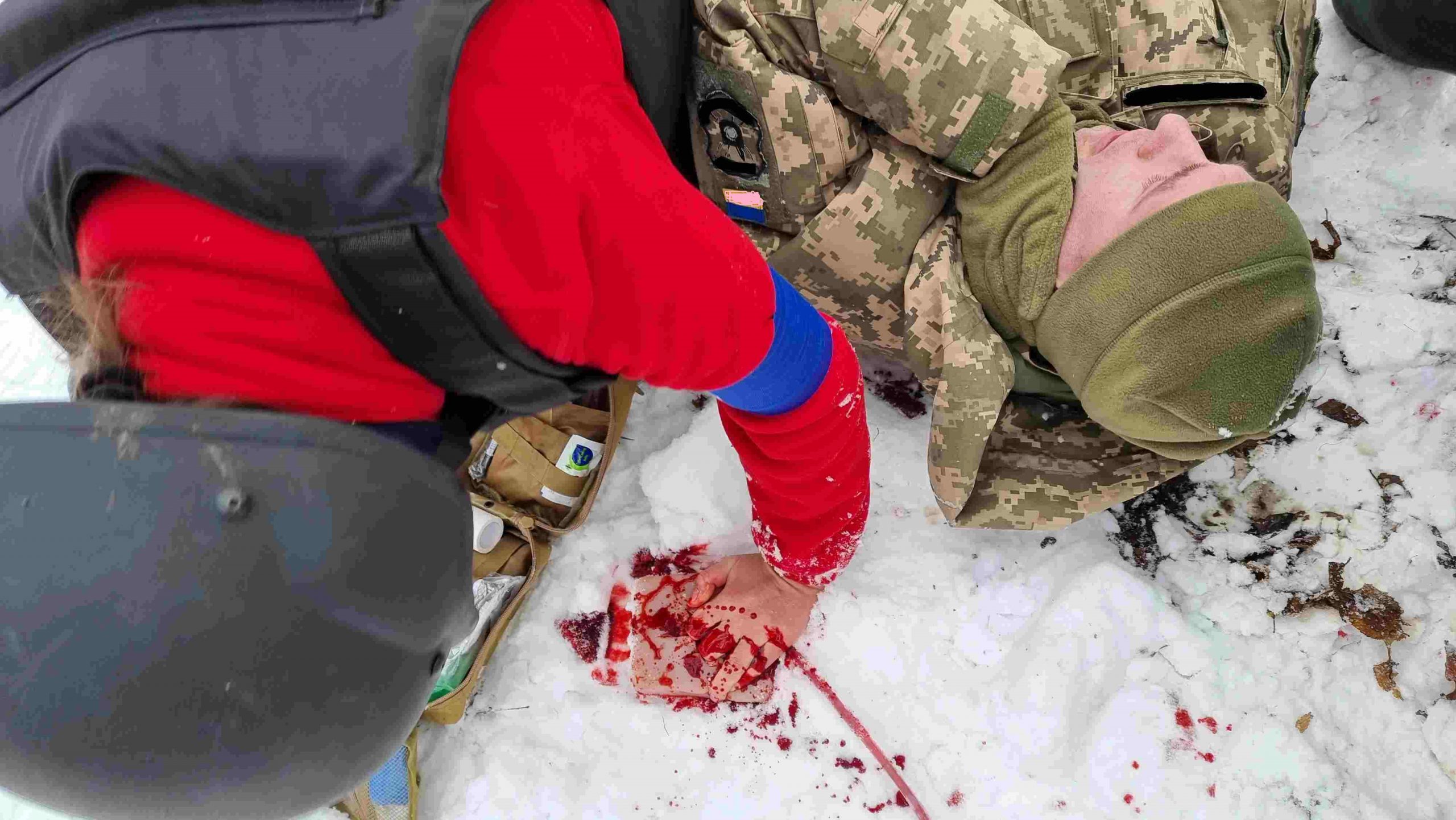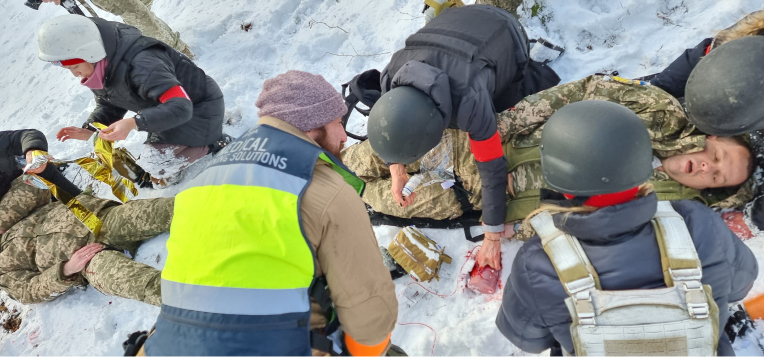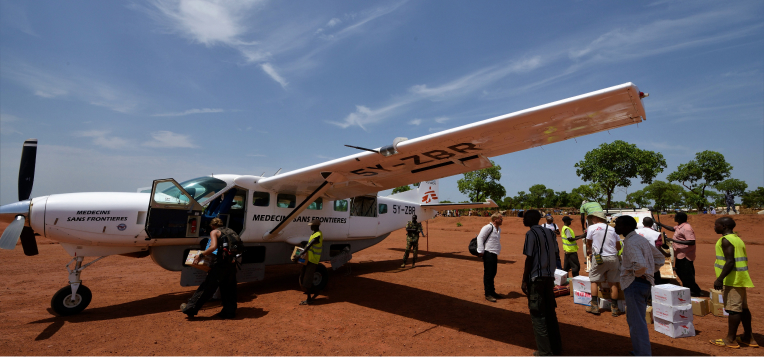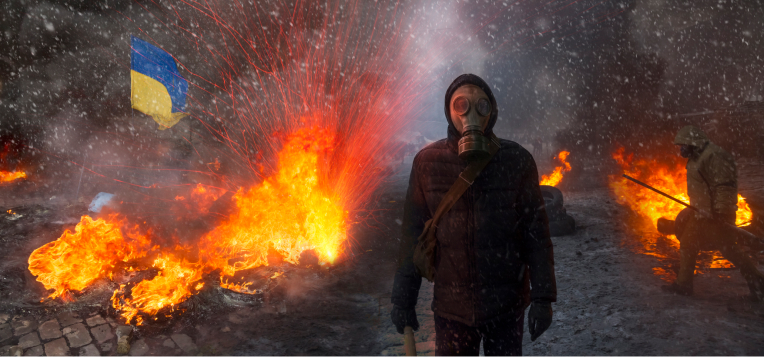
About the training
SAHCO Consulting has designed a unique 3/4-day HEFAT training program aimed at organizations deploying personnel to high-risk, isolated environments where access to healthcare and medical response are not immediately available. Tactical first aid in hostile areas is a humanitarian act that should be accessible to all, especially to help workers and journalists in isolated locations. With first aid skills, volunteers, employees and journalists are able to save lives without discrimination.
Main objectives
Presenting a wide range of context-specific scenarios, injury typologies and medical conditions, this training addresses real concerns and how to address them confidently and effectively with the improvised means available at the time.
Methodology/ trainers
The course is designed for a maximum of 14 participants and combines theory with practical exercises and simulations. It is delivered by certified, dynamic and committed trainers with extensive experience in humanitarian paramedical work and rescue in remote and high-risk locations. Participants will have the opportunity to practice theoretical learning with standard equipment and materials. HEFAT content is officially certified to enable organizations to meet their Duty of Care obligations, and is preferably delivered at outdoor training venues to maximize its immersive nature.
What will you learn?
- Medical kits, equipment and advance planning
- Scene safety, vehicle approach and extraction
- Casualty management - Primary and secondary assessments and diagnostics
- Hemorrhage control - Catastrophic bleeding, tourniquets and homeostatic agents
- Airway management and use of respiratory aids
- Management of burns and soft tissue damage
- Musculoskeletal injuries - Fractures, sprains and strains
- Triage - How to manage and prioritize multiple victims
- Basic life-saving resuscitation and assistance - CPR and use of automated external defibrillators
- Stabilization and transport of casualties
- Dealing with allergic reactions, anaphylaxis and poisoning
- How to draw up a MEDEVAC plan
Boost your career
Follow theoretical and practical course modules enriched by current feedback from the field.Consultant testimonies
I had low expectations for this HEAT training with SAHCO Consulting. I think it's one of the most useful courses I've attended, and it covered more topics than I expected. In addition, I was expecting not to be able to get fully involved in the simulations, or to be too anxious. On the contrary, the instructors and actors made the training very realistic, and many of the simulations took me out of my comfort zone, but never to the point where I couldn't handle it.
Gulfidan
Program manager
SAHCO Consulting's trainings and instructors are very professional and relevant to our work as humanitarian workers; I liked the fact that the instructors did not have military experience, but were senior humanitarian staff with years of experience in complex humanitarian environments and crises; I felt that I was understood in terms of the mentality and challenges we face in the field.
Eleonora
Gbv/cp program manager
I had the opportunity to attend a HEAT session delivered by Sahco Consulting, with whom we work in West Africa. The training is really adapted to humanitarian actors thanks to an approach based on our principles. This HEAT is well-balanced in the intensity of the learning exercises, and realistic in the scenarios and simulations of incidents we may encounter in the field. The trainers are professional, technically and humanitarian experienced, pedagogical, and flexible on the content of the training, allowing us to focus on the aspects we need to work on. All this in an excellent atmosphere of open collaboration.
Romain
Regional security manager
Indeed, this training course was very rich from the outset, with its very special teaching methodology, a perfect blend of practice and very realistic simulations; hats off to the trainers who were simply excellent. This training remains indispensable for us humanitarians living and working in hostile zones with volatile security situations. This training is beneficial on a personal, professional and even community level.
Benoit
Human rights activist




